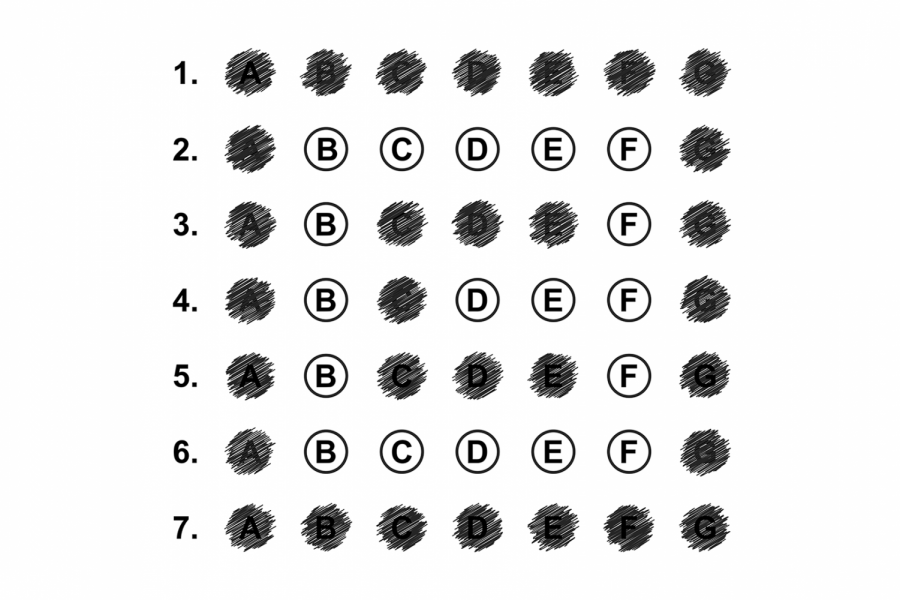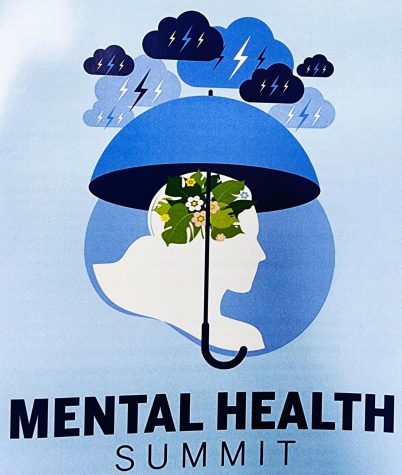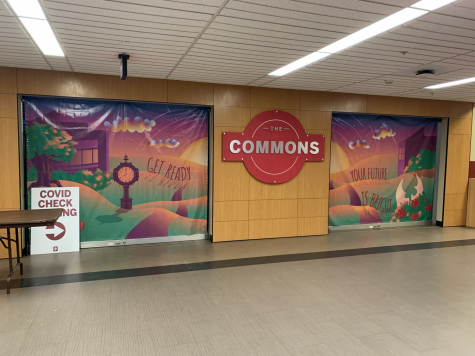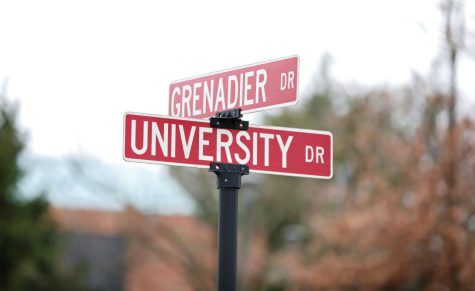The P Word
Investigating the unknown aspects of plagiarism and the consequences students may encounter in college
January 5, 2018
Editors Note:
The version of this story published in the Jan. 8th print issue included a pull quote that misquoted senior lecturer in English Tom O’Neal. It said, “Writers own two things. They own their unique combination of words and they own ideas, as so far as anyone can own an idea. The only expression of an idea, I should say.” The original quote said, “Writers own two things. They own their unique combination of words and they own ideas, insofar as anyone can own an idea. They own the expression of an idea, I should say.”
The word plagiarism possesses a serious tone across college campuses due to the eerie repercussions related to the subject and some students may be unaware of the somber word until they are impacted by it.
Indiana University defines plagiarism as the act of reproducing someone else’s work and claiming it as one’s own; however, students may unintentionally plagiarize because they are uneducated on the topic of plagiarism itself and may not completely understand the associated consequences.
Unintentional Plagiarizing
Rachel Layman Miller, a graduate student with a double major in writing and literature, recalls her experience of receiving a zero on a final paper and being accused of plagiarism due to an instructional misunderstanding. The zero brought her grade below a C resulting in a failing grade for the course.
Miller confronted the professor in an exchange of emails asking to re-submit the assignment, but the professor would not give her the opportunity to do so.
Miller had no choice but to retake the class to replace the grade. At the time, only one professor was teaching that specific course; therefore, she had to take the class again with the same professor. This time, she was careful and paid extra attention to her reference page and in-text citations.
“It is mainly up to the professor and you never know what their feelings are,” Miller said. “So the best defense against it is to use tools like the Writing Center and ask questions. It’s not worth losing out on a whole paper grade or having a mark like that on your record for a question that could easily be answered.”
Miller professes that she learned from the experience and continued her college career with that knowledge in mind.
“I definitely learned from it. So I suppose there was an upside to it,” Miller said.
Students like Miller were initially unaware of the severity of what constitutes plagiarism. Plagiarism is often thought of as stealing paragraphs at a time, but can just as easily be citing a source and forgetting to give that source credit in the midst of a deadline.
Teaching Moments of Plagiarism
Tom O’Neal, senior lecturer in English, explains how he can pinpoint when a student is plagiarizing due to a lack of thoroughness and not simply because the student copied and pasted material.
“Usually what happens is it’s late and the student is rushed,” O’Neal said. “When you read it, you sense a style shift and you know this doesn’t sound like the student and just your experience as a teacher tells you that the student is relying too heavily on the text.”
O’Neal teaches multiple introductory English courses and says he typically sees first-year writers make the mistake of plagiarizing and once O’Neal detects plagiarism, he will fail the student and allow them to redo the assignment after showing them a model of what complete paraphrasing looks like. However, he admits to taking a “hard-nosed” approach to plagiarism in his upper-level courses.
“Plagiarism occurs with inexperienced writers sometimes because they don’t know what plagiarism is.”
— Tom O’Neal, senior lecturer in English
“I don’t approach it in a spirit of punitiveness,” O’Neal said. “I approach it in a spirit of this is just something you must learn.”
One reason O’Neal may be adamant about students needing to learn about plagiarism may be due to the penalties associated with committing such an act.
Consequences
Penalties for academic dishonesty are at the discretion of the professor to assess according to the Code of Student Rights, Responsibilities and Conduct.
According to IU Southeast Code Procedures, the professor shall inform the student of academic dishonesty allegations and explain the basis for the allegation within 14 business days of when the violation was identified.
The student may then have the opportunity to counter those allegations; however, the professor can still implement appropriate penalties if the professor decides that the allegation is still valid. These penalties may include a lower grade for the assignment, a failing grade for the assignment or course, resubmission of the assignment, the opportunity to complete additional coursework or withdraw from the course with a W or F.
The Vice Chancellor for Enrollment Management and Student Affairs will review the report filed by the professor and make a decision regarding the allegation. Through this process, the student may be subjected to suspension or expulsion.
However, if students find themselves unjustly accused of plagiarism, they may file a written appeal to the Executive Vice Chancellor for Academic Affairs within seven days of the decision notice.
To prevent students from plagiarizing, IU Southeast offers resources to help educate students on how to correctly cite sources and paraphrase. Plagiarism workshops are held throughout the fall and spring semesters by Leigh Ann Meyer, Writing Center director, and Maria Accardi, coordinator of library instruction, discussing the plagiarism scenarios students should avoid and how to successfully cite sources. Details for this workshop are displayed at the bottom of the Writing Center’s website under “Writing Center Events.”













